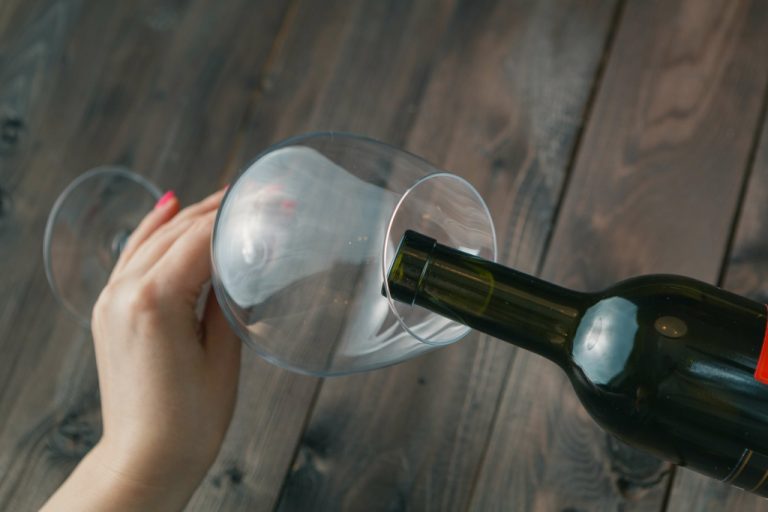Sober living
How to Get Sober: A Guide to Sobriety
Some will certainly remain, but even those aren’t necessarily long-game friendships. Sobriety is kind of like the fast-pass line at Disneyland, except the ride is growing up. So if all of your friends drink alongside you, then there’s no issue, right? Well, there’s a concept in psychology known as “confirmation bias,” and it means that we often look https://yamaya.ru/yamaya-dreams/3495/ for evidence to support something that we already believe to be true. If you’re like most drinkers, you’ve likely surrounded yourself at some point with a group of people who also drink. I’d argue that many of us gravitated to a group of friends who have drinking habits that align with our own, and we did this because we didn’t want sober friends.

Step 3: Find the Right Treatment Program
Between messing up your sleep and taking a toll on your body, alcohol and drugs can make you feel pretty bad if you use them regularly. Cutting out these substances can make you instantly feel years younger. You won’t have to nurse any more hangovers or take afternoon http://bulldogss.com/forum/viewtopic.php?p=432735 naps to get through the day. The saying goes that your worst day in sobriety is better than your best day in addiction. My biggest fears in life include being in large groups of strange people, standing at parties by myself, and really just people in general.
Why Drake Lost
- Getting through recovery’s ups and downs requires you to do more than just occasionally show up and interact with people who may be able to support you.
- Sobriety is not all roses and reggae, after all, and those who are in a position to help, will always stress the indisputable fact that being clear-headed is better than being a drunk.
- If you’re in recovery from a substance use disorder, you already know how much work it took to achieve sobriety, and you’ll want to do everything possible to avoid having a relapse.
- You can travel to different places, try new things, and just be present in your life – and that’s always more fulfilling than checking out with a drink.
You can always improve how you fare in sobriety by looking at where you can improve your quality of life. Understanding what emotional intelligence looks like and the steps needed to improve it could light a path to a more emotionally adept world. Similarly, a reader who commented http://panteres.com/article/118-25-most-useful-kitchen-dispensers on my post, “What Recovering Alcoholics Can Teach Us About Happiness,” discussed her negative experience in AA. She described some longtime members as “seething cauldrons of anger.” Another commenter observed that many AA members are caught in a cycle of negativity.
Guess what? This drunk hates [insert person here].
- Just keep in mind that your improvements won’t happen overnight.
- People new to recovery can find themselves approaching their new diet, exercise program, job, and even participation in support groups with a compulsion that echoes addiction.
- Depending on the type of dependency, PAWS can last from six months to two years after you stop using drugs or alcohol.
- Why do people, who have been sober for years, behave inappropriately with alarming regularity?
- After all, you can’t hang around your drug dealer or old drinking buddies and expect to remain sober for very long.
Plus, being in recovery typically involves maintaining sobriety, so the two are somewhat intertwined. Some drunks somehow manage to find the only sober person in the room, engage them in conversation, and reveal all their kinks, which actually aren’t kinky at all. After a few drinks, all my best friend wants to do is give hugs and cuddle—doesn’t much matter who. Once he locks onto you (we are still trying to figure out what triggers him), he will quickly and relentlessly violate anyone’s definition of personal space.
- Her work spans various health-related topics, including mental health, fitness, nutrition, and wellness.
- Contact us now for more information on this free service to our users.
- Some people experience many setbacks before they find lasting recovery.
- Treatment is typically long-term, and requires a lot of effort and commitment from the individual.
- Between messing up your sleep and taking a toll on your body, alcohol and drugs can make you feel pretty bad if you use them regularly.
